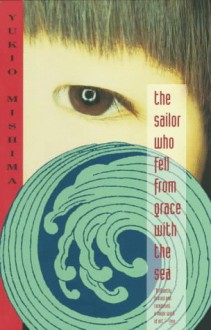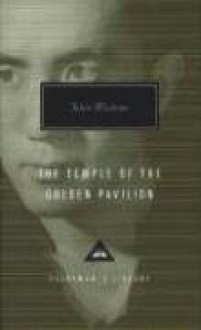
(Original Review, 1981-04-24)
“They performed in silence. He trembled a little out of vanity, as when he had first scaled the mast. The woman’s lower body, like a hibernating animal half asleep, moved lethargically under the quilts; he sensed the stars of night tilting dangerously at the top of the mast. The stars slanted into the south, swung to the north, wheeled, whirled into the east, and seemed finally to be impaled on the tip of the mast. By the time he realized this was a woman, it was done...”
In “The Sailor Who Fell from Grace with the Sea” by Yukio Mishima.
I've read many scary books with frightening stories before and since, but they don't disturbed me the way this book did. The book was disturbing in a completely different way - it felt as if it was talking about me, saying something that's scary yet true about me.
If you're into stuff like this, you can read the full review.

 Log in with Facebook
Log in with Facebook 









